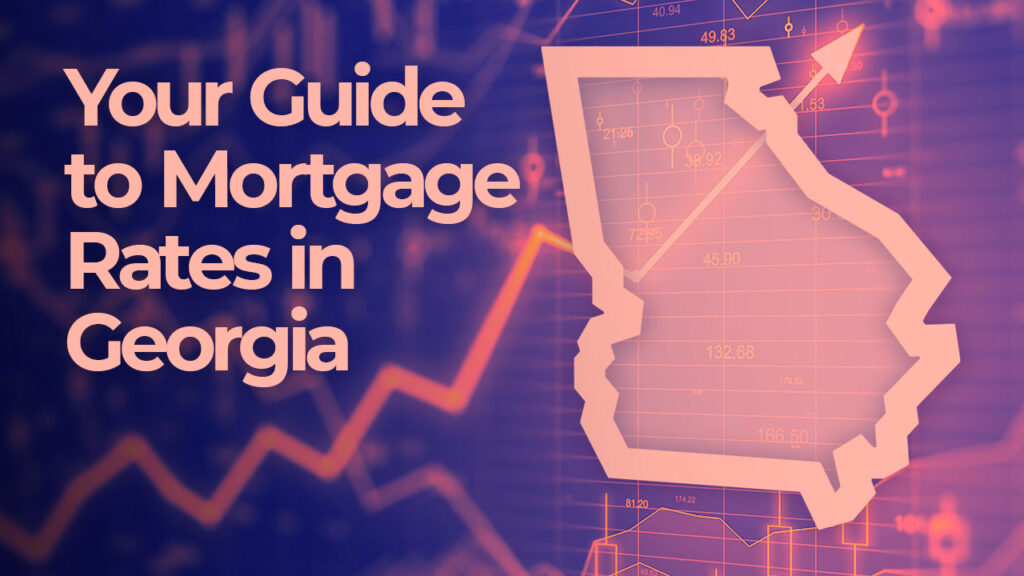The financial technology (FinTech) sector is experiencing explosive growth, revolutionizing various aspects of the financial industry. One area significantly impacted is small loans, traditionally characterized by complex processes and high interest rates. This post explores how FinTech is reshaping the landscape of small loans in the US, offering more accessible, efficient, and transparent borrowing experiences.
The Traditional Small Loan Landscape
Historically, securing a small loan involved lengthy paperwork, numerous in-person visits, and often exorbitant fees. Credit checks were rigorous, leaving many individuals without sufficient access to credit.
The Rise of Online Lenders
FinTech companies have introduced online lending platforms, streamlining the application process. Borrowers can complete applications quickly and conveniently from their computers or smartphones. 
Mobile-First Lending
Many FinTech lenders cater specifically to mobile users, making loans even more accessible. This has expanded the reach to demographics previously underserved by traditional financial institutions.
Big Data and Credit Scoring
FinTech utilizes big data analytics to assess creditworthiness, often going beyond traditional credit scores. This allows lenders to evaluate borrowers who might be overlooked by traditional methods. Learn more about alternative credit scoring.
Artificial Intelligence (AI) and Automation
AI powers many aspects of the loan process, from application processing to fraud detection. This automation leads to faster approval times and lower operational costs.
Peer-to-Peer (P2P) Lending
P2P lending platforms connect borrowers directly with investors, cutting out traditional intermediaries and potentially reducing interest rates. Read more about the benefits of P2P lending.
Blockchain Technology and Security
Blockchain technology enhances the security and transparency of transactions, protecting both borrowers and lenders from fraud. 
Improved Transparency and Fees
FinTech companies often offer more transparent fee structures than traditional lenders, helping borrowers understand the total cost of their loan upfront.
Faster Loan Approval Times
Automated systems allow for quick loan approvals, often within hours or days, a stark contrast to the weeks or months required in the past.
Increased Accessibility
FinTech expands access to credit for underbanked and underserved communities, bridging the financial inclusion gap.
Personalized Loan Options
FinTech platforms can tailor loan options to individual needs and financial situations, offering flexible repayment plans.
Enhanced Customer Service
Many FinTech lenders offer superior customer support through various channels, including online chat and email.
Regulatory Landscape and Challenges
The rapid growth of FinTech has presented regulatory challenges. Authorities are working to ensure consumer protection and responsible lending practices.
The Future of Small Loans
The FinTech revolution shows no signs of slowing down. We can expect further innovation, increased competition, and potentially even lower interest rates for borrowers.
Financial Inclusion and Economic Impact
Improved access to credit through FinTech can boost economic activity and promote financial inclusion in underserved communities. Find out more about the economic effects of FinTech.
Data Privacy and Security Concerns
While FinTech offers numerous benefits, concerns around data privacy and security remain. Companies must prioritize data protection measures to maintain customer trust. 
Competition and Innovation
The increased competition among FinTech lenders drives innovation, resulting in better products and services for consumers. Learn more about the competitive FinTech landscape.
Conclusion
FinTech is dramatically transforming the small loan industry in the US, offering greater accessibility, transparency, and efficiency. While challenges remain, the positive impact on borrowers and the broader economy is undeniable. The future of small loans is undoubtedly intertwined with the continued evolution of financial technology.
Frequently Asked Questions
What are the benefits of using a FinTech lender for a small loan? FinTech lenders often offer faster approval times, lower fees, and more convenient online application processes compared to traditional lenders.
Are FinTech loans safe? Reputable FinTech lenders employ robust security measures to protect customer data. It’s crucial to research and choose a lender with a strong security track record. Tips for choosing a secure FinTech lender.
What types of small loans are available through FinTech platforms? Many FinTech platforms offer a variety of small loans, including personal loans, payday alternatives, and business loans.
How do FinTech lenders assess creditworthiness? FinTech lenders often utilize alternative data sources and advanced analytics to assess creditworthiness, expanding access to credit for borrowers with limited credit history.
What are the potential risks of using FinTech for small loans? As with any financial product, there are potential risks. Borrowers should carefully review the terms and conditions of any loan before agreeing to it.


